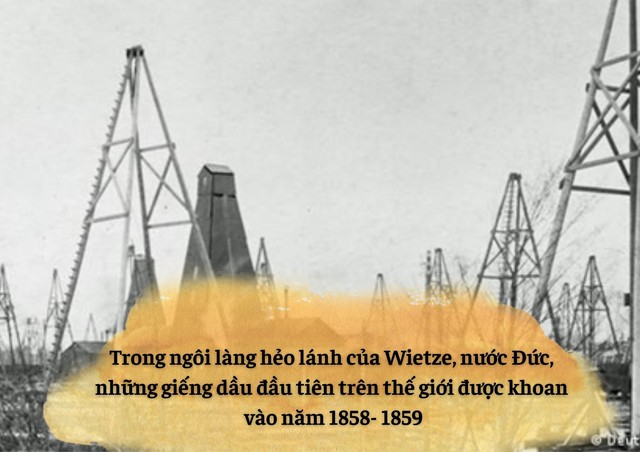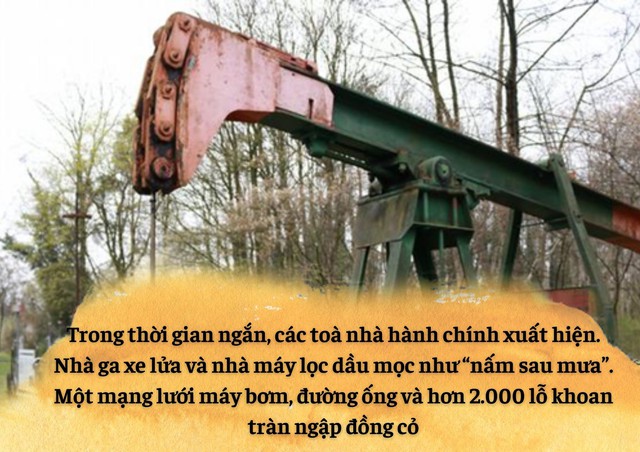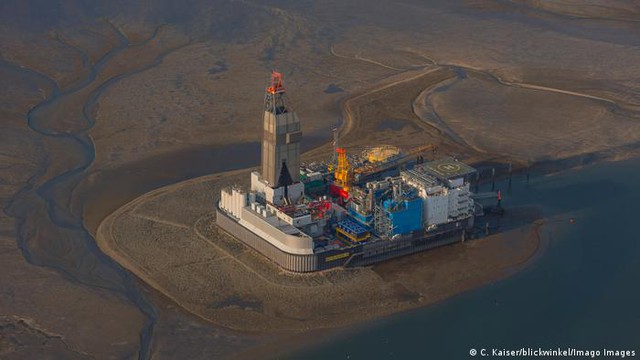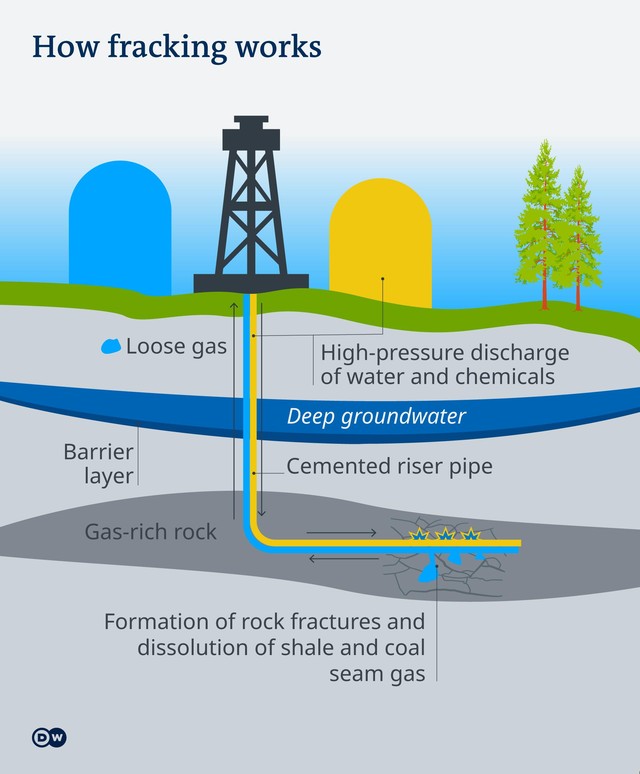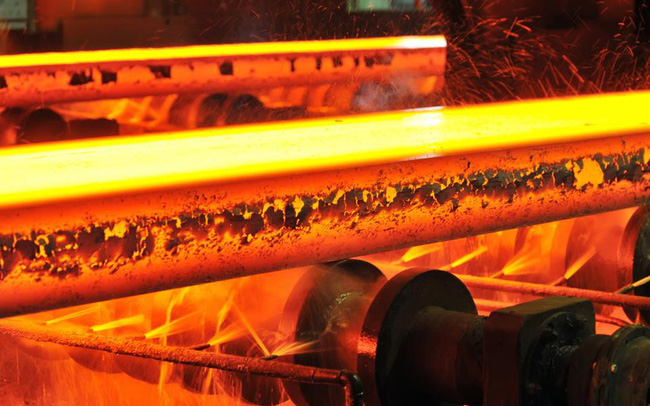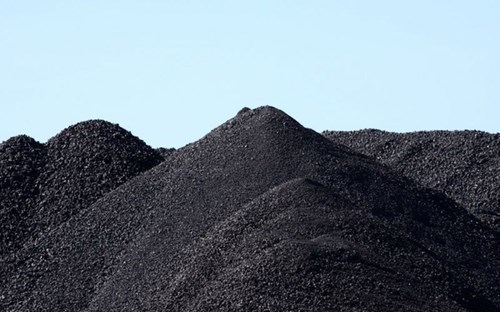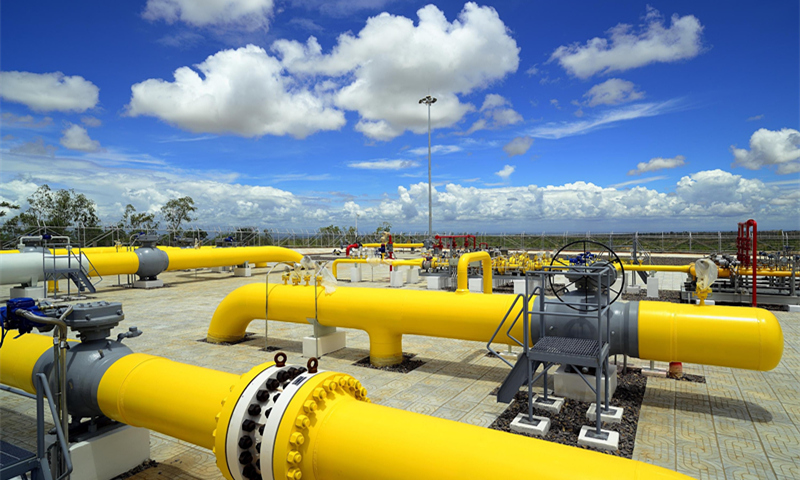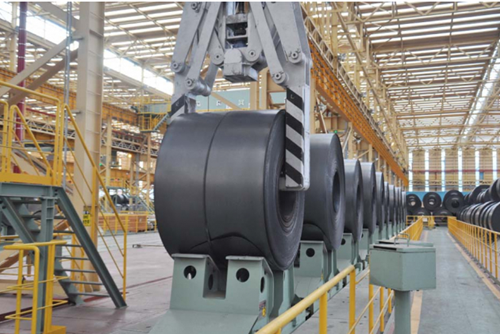When Germany wants to give up Russian oil and gas, the country’s domestic energy sector will play an important role. But can Germany achieve that goal? The village where Germany’s oil industry was born will reveal some clues
In many places, grass has literally covered the past. Oil Museum director Stephan Lütgert used his shoe to push the grass aside, revealing a metal pipe. A few feet away, grass growing among the oil sands spilled out like pitch-black asphalt. “Our museum is located among the ruins of an oil field,” says Mr. Lütgert proudly.
However, anyone visiting the German Oil Museum will not only find traces of an oil field with abandoned pumping equipment and rigs. Upon closer inspection, visitors are in the very birthplace of Germany’s oil industry.
It was here, in the remote village of Wietze, near the German city of Hanover, that the world’s first oil wells were drilled in 1858-1859, Mr. Lütgert said. They were even drilled before wells were drilled in 1858-1859. oil in the US. “Black Gold” then changed the small village.
Currently, Germany depends on imports to meet more than 70% of its energy needs. German domestic production accounts for only 2% of crude oil consumption and 6% of natural gas consumption. The trend is decreasing in the context that oil and gas fields are rapidly depleting without further discovery of large fields.
Infographics showing falling oil and natural gas production in Germany.
Before, things were very different. At its peak, the municipality of Wietze alone accounted for 80% of domestic oil production. As Germany grapples with dependence on Russian energy after the war in Ukraine, the museum recalls times when Germany, while not independent in energy imports, was certainly confident when it came to oil.
Since Russia began its special military operation in Ukraine, Germany has reduced its consumption of Russian oil and gas. While Russian oil met a third of Germany’s oil needs before, this figure has now been reduced to a quarter.
The government has said that if Germany imports even more oil from other countries, a complete cut off of Russian oil could happen by the end of the year.
Berlin is finding it much harder to “break up” with Russian gas. It is true that Germany only consumed 40% of gas from Russia instead of about 55% as before the war. But the German government says this is unlikely to change completely until the summer of 2024. And this can only be done by reducing energy consumption.
What if Germany could produce more of its own oil and gas? That was the story that happened in Wietze.
OIL FAST
It all started by chance when Professor Georg Konrad Hunäus discovered oil during experimental drilling in 1858 in Wietze. The professor then hoped to find more coal.
At that time, the oil was used as a grease for carriages or as medicine. Only later will oil become valuable when used as kerosene for lamps or as engine fuel.
But four decades later, when Wietze appeared an oil well, an “oil storm” swept through the small village.
Museum director Lütgert climbs onto a 54m-high metal truss at the edge of the museum, pointing out at the meadows ahead and farms in the distance. “This is where the rigs used to be,” he said.
Within a very short time when the oil field was discovered, administrative buildings sprang up in the village. Train stations and oil refineries are also growing like “mushrooms after the rain”. Before long, a network of pumps, pipes and more than 2,000 boreholes flooded the grasslands. A crisscrossed network of railroad tracks for kilometers.
It was around that time the “Wild West,” as Mr. Lütgert called the oil industry, crept into an idyllic German village. Fights, knife fights and shootings happen frequently. But for some long-lived farmers, the oil rush turned into a blessing. Even today, part of the vast farms testify to the wealth that oil brought to Wietze.
In the early 20th century, oil companies were attracted to larger and more successful oil fields elsewhere. Wietze began to lose ground. Mr. Lütgert said: “Oil fields are finite. You can also see that again in the small field in Wietze.”
After the oil wells in Wietze gradually dried up, production was moved deep underground for the next few decades. Miners extract oil sands from the ground in a network of tunnels nearly 100km long.
But by the 1960s, when the protective tariffs were abolished, oil extraction in Wietze was no longer economically viable. Oil from abroad becomes cheaper.
GERMANY DEPENDS ON OIL IMPORTS
At the height of the oil boom in Wietze in 1909, 113,000 tons of crude oil were produced there. The amount is ridiculously “small” when one considers that today Germany is “hungry” for crude oil.
“We have always been dependent on imports, at least since the post-war era,” said Andreas Seeliger, professor of energy economics at the University of Applied Sciences Niederrhein.
No other country in Europe consumes more oil and gas than Germany, most of which comes from Russia.
With Germany slowly moving away from Russian oil and gas, local producers emphasize that this gap cannot be fully filled by domestic production, in a country with limited natural resources. like Germany.
Robert Frimpong, CEO of the country’s largest oil producer Wintershall Dea Germany, said: “No one thinks that domestic production alone can fill the gap; however, every barrel of oil and every molecule has its share. value”.
PROMOTE LOCAL OIL AND GAS PRODUCTION
According to Frimpong, the most promising way to boost domestic oil and gas production is not to exploit new oil and gas fields, but to optimize existing ones.
Wintershall producer Dea Germany operates various oil and gas production sites, including the largest offshore rig and production site Mittelplate in the Wadden Sea. Mittelplate is by far the most productive oil field in Germany, accounting for more than half of Germany’s annual domestic oil production.
Wintershall Dea plans to expand the southern part of Mittelplate.
Wintershall Dea plans to expand the southern part of Mittelplate. “If the approval procedures are approved quickly, oil production could start as early as 2025,” Frimpong said.
THE ONLY EFFICIENT WAY
Extended life cycle of nuclear power plant, construction of first liquefied natural gas (LNG) receiving station, delayed coal suspension. The war in Ukraine has sparked much debate over what has long been overlooked as an issue of energy policy. Now, the buzz around fracking, or hydraulic fracturing, is getting louder.
Fracking used to exploit shale oil has been banned in Germany since 2018 because of the potential to pollute the environment and groundwater in the long run.
In April, German Bavarian Premier Markus Soeder proposed that the possibilities of fracking in Germany be reconsidered. However, German Economy Minister Robert Habeck has repeatedly rejected the option of fracking.
According to the German natural gas association BVEG, Germany’s oil and geothermal energy amounts to 2.3 trillion cubic meters. Natural gas can be extracted from German shale and 450 billion cubic meters from coal beds through fracking.
Through optimistic estimates, energy researcher Seeliger believes that shale gas could completely replace gas imports in a decade. But this is only possible in the long term and will not be available until next winter at the earliest.
How the fracking method works. Photo: DW
Seeliger says fracking oil and gas will increase supply security and lower transportation costs. Germany also already has a trump card in place in price negotiations due to the theoretical availability of oil and gas.
However, while it is technically feasible, many companies will have to be wary of political issues and public opposition.
Therefore, Germany’s domestic fossil fuel resources and renewable energy have not satisfied the country’s energy hunger. Seeliger says that the only thing that can help right now is to get natural gas and crude oil from as many sources as possible. This is what Germany did and did.
From the years Wietze was Germany’s oil hub, one lesson has been drawn: The raw material frenzy is fleeting. The oil produced in Wietze has long since been extracted, burned, disappeared. The glory days are over and the troubles of last year have beset Germany.
T&G International Joint Stock Company
Address: 352 Hue Street, Le Dai Hanh Ward, Hai Ba Trung District, Hanoi
Hotline: 0345786803
Email: hrm@tginterjsc.com
Website: http://tginternationaljsc.com




